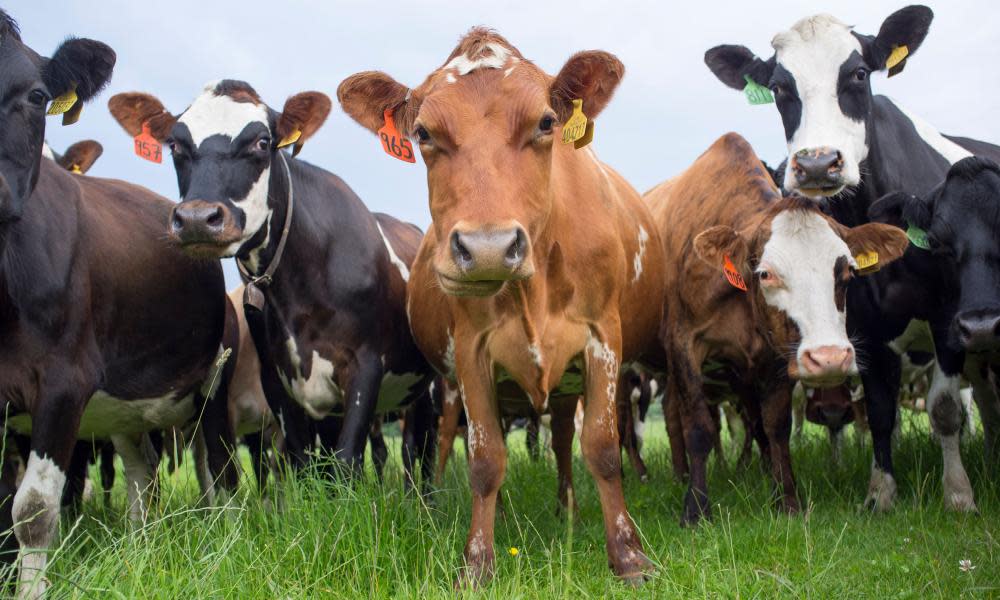Word of the week: who benefits from 'herd immunity'?

Controversy rumbles on about whether rising Covid-19 infection rates should trigger more lockdowns or a targeted approach that (somehow) protects the vulnerable while allowing the young to be infected, so that the population approaches “herd immunity”. But who is calling us a nation of bovine cud-chewers?
Herd immunity is a respectable concept in epidemiology, where it is the aim of mass vaccinations: if enough of a population is immune, epidemics cannot happen. (The term was coined for cattle, and indeed “vaccine” comes from the Latin for cow.) But one reason why its political use might rub people up the wrong way is that the old Germanic word “herd” is applied to humans only in a negative way, as in “the common herd” from whom Shakespeare’s Julius Caesar refuses to accept a crown, or the idea that the great unwashed masses have a “herd instinct” or “herd minds” (GB Shaw), and so forth.
The word “immunity”, meanwhile, derives from the Latin for an exemption from tax or other obligations, so while the pandemic continues to rage a kind of herd immunity is certainly enjoyed by both the super-rich and failing government ministers.
• Steven Poole’s A Word for Every Day of the Year is published by Quercus.


